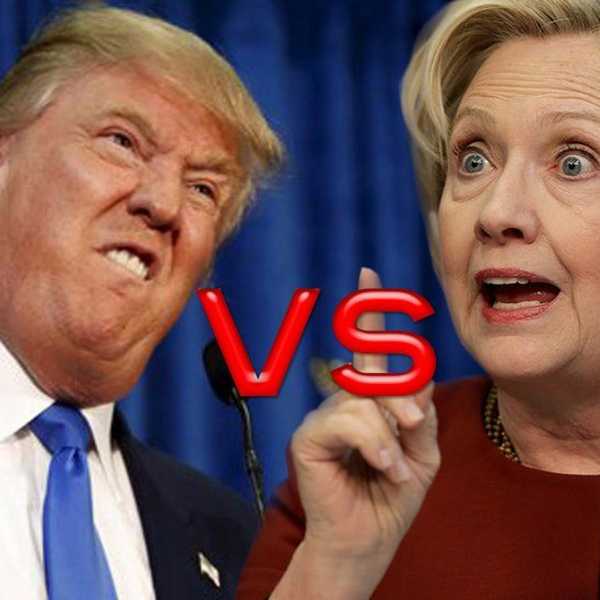In anticipation of the nationally broadcasted Libertarian Party presidential debate (Fox Business Network), I thought about writing a piece after the viewing on the growing relevancy of the Libertarian Party. Ever since the first half of the debate aired, any good feelings I had about attention in the national spotlight have dissipated.
Libertarians have gained positive attention in the past month for many occurrences. Monmouth University found that in a hypothetical contest for president between Donald Trump and Hillary, Gary Johnson would win 11 percent of the national vote. The LA Times very recently ran a favorable piece on Johnson. On April 1 and 8, John Stossel hosted a debate between the top three Libertarian Party presidential candidates: John McAfee, Austin Petersen, and Gary Johnson.
My fellow activists and I were happy about these opportunities for increased awareness of libertarian politics. We looked at this as a time to branch out and appeal to those who feel disenfranchised by bipartisan politics. 2012 was the first presidential election year I pushed for the Libertarian Party candidate, in that year was Gary Johnson. Back then, it seemed like a miracle when a reputable news source covered the third party option. Even now, I am astounded about the amount of coverage in a short period of time.
The main fear I had about the Libertarian Party having the national spotlight was the pick of the presidential candidates. Austin Petersen is an Internet troll who dismisses arguments by calling people unattractive (including myself). John McAfee is a controversial figure, who has been, amongst many things, accused of murdering his neighbor. While Gary Johnson is my pick and has the most experience because of his eight-year term as governor of New Mexico, I feel like he has slipped since 2012 – as if he lost hope, which reflects in his once-great speeches. We prayed that they would behave and appear sane on national television.
That they did…for the most part. Those unfamiliar with the libertarian beliefs probably either received revelation or, more likely, raised eyebrows at political solutions they had never even fathomed of. Unfortunately, even though he didn’t resort to calling his opponents “ugly,” Petersen played to the libertarian purists – those who want to get government out of (almost) everything right away. He picked arguments with Johnson, who goes under the category of libertarian pragmatist. For example, Johnson does not believe in the immediate defunding of Planned Parenthood, despite that most libertarians are against such government-funded entities.
As Johnson is not a purist, he also holds “controversial” political views, such as that businesses should not discriminate. Libertarian circles took this as a chance to slam libertarian pragmatism, and ostracize those who fall under that category or hold different libertarian views. I looked on with disappointment as libertarians took to the internet, during and following the debate, to argue with themselves over what is “libertarian” and what is not.
What happened to engaging disenfranchised conservatives and liberals? If libertarians are going to antagonize anybody who doesn’t fully agree with them on every issue, we’re just further ostracizing the very people we hoped to reach out to.
I’m tired of being called “not a true libertarian” or a “socialist” because of my views, which include that businesses should not discriminate or we should integrate a universal basic income as a compromise between our current broken welfare system and completely doing away with welfare, as a lot of conservatives want. (Funny enough, quite a few libertarian thinkers have suggested a basic income.) I have been putting up with this pushback for four years, yet some of these very same antagonists expect me to continue with building up the youth libertarian movement.
Many “disappointment with libertarianism” articles are published by sites that want to draw people away from libertarian ideas. I don’t have problems with many libertarian beliefs (and I encourage people to learn more about them), but I do have a problem when libertarians scare off potential activists and “kick out” those who already identify as libertarians. My experience of being shunned by others of the libertarian label is not uncommon.
I am just one of the many who is fed up with the current state of libertarian activism. If we are unable to utilize the national spotlight because of infighting, then maybe libertarians don’t deserve voter recognition.





















